Extreme heat emerges as a silent killer amidst climate change, with 2023 marking the hottest year on record. Leading humanitarian organizations, including the Red Cross and USAID, raise alarm over the devastating impact of soaring temperatures, particularly on vulnerable populations worldwide. Urgent calls for global action to combat this "invisible killer" reverberate through a virtual summit, emphasizing the need for concrete measures to protect communities from the lethal effects of extreme heat.
Highlighting the lethal consequences of extreme heat, humanitarian organizations emphasize the disproportionate toll on vulnerable groups such as the elderly, outdoor workers, and those lacking access to cooling systems. The year 2023 witnessed unprecedented heatwaves, exacerbating the vulnerability of communities worldwide.
In a virtual summit convened by the Red Cross and USAID, urgent appeals resonate for concerted global efforts to mitigate the impacts of extreme heat. Key stakeholders, including governments, civil societies, and youth, are urged to take decisive action to prepare communities for the escalating threat of soaring temperatures.
USAID chief Samantha Power issues a stark warning, revealing that heat-related fatalities in the United States already surpass the combined toll of hurricanes, floods, and tornadoes. Emphasizing the need for heightened awareness and resource allocation, she underscores the imperative for development agencies and donors to recognize and address the escalating threat posed by extreme heat.
Efforts to combat extreme heat extend beyond conventional measures, with innovative solutions emerging worldwide. USAID's support for the construction of "heat-resilient schools" in Jordan exemplifies proactive approaches, incorporating passive heating and cooling systems to mitigate the impact of soaring temperatures on educational infrastructure.
The repercussions of climate change transcend geographical boundaries, impacting regions across the globe. From Europe, the fastest-warming continent, to the Middle East and Africa, communities grapple with the deadly consequences of extreme heat. Initiatives such as tree planting campaigns in Freetown, Sierra Leone, underscore the importance of localized responses to combat climate-induced challenges.
While adaptation measures are crucial, stakeholders stress the imperative of addressing the root cause of climate change: greenhouse gas emissions. Freetown Mayor Yvonne Aki-Sawyerr emphasizes the need for sustained efforts to reduce emissions, highlighting the interconnectedness of mitigation and adaptation strategies in combating the escalating threat of extreme heat.



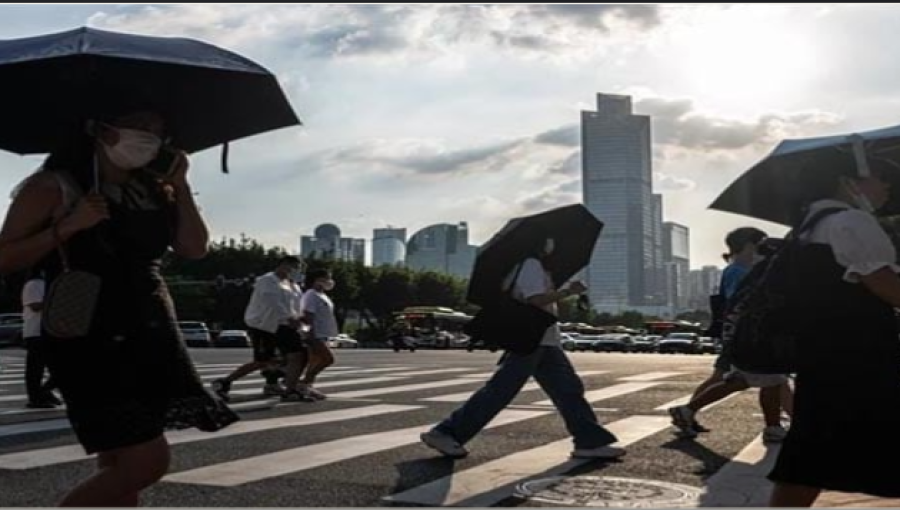

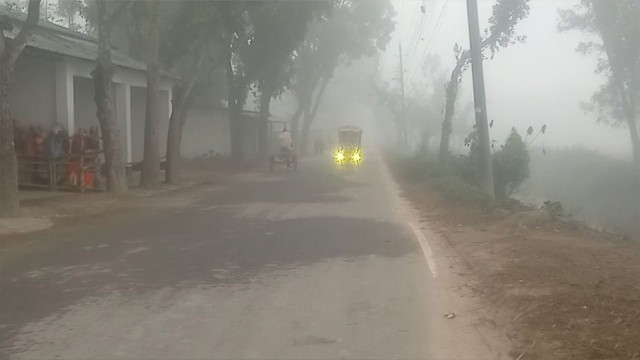

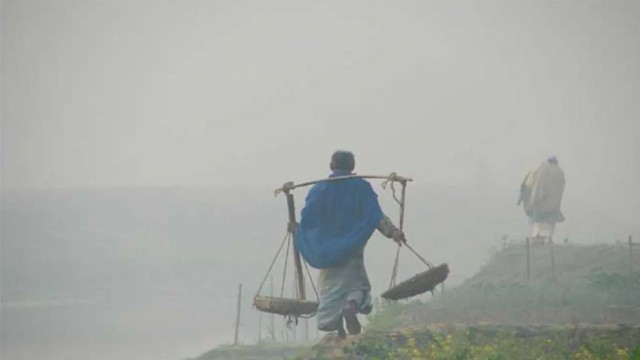
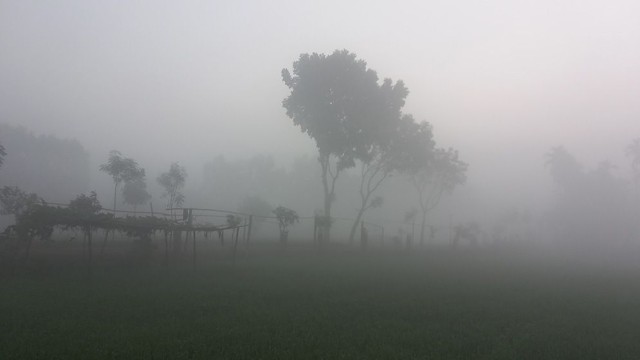
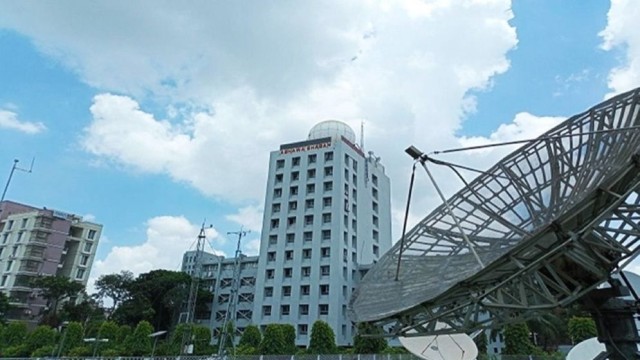
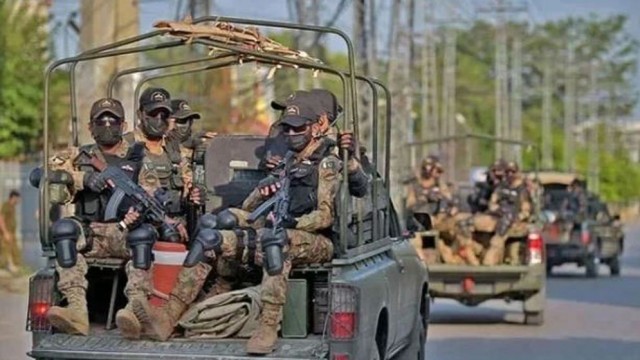
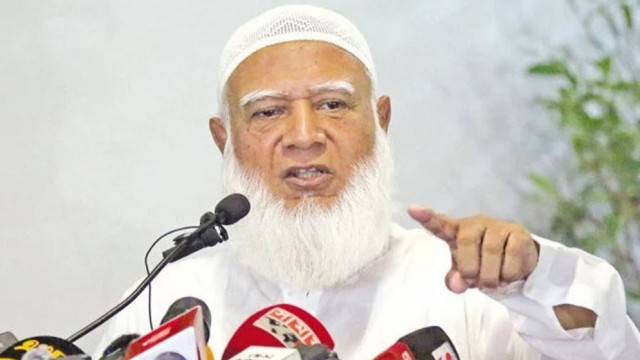
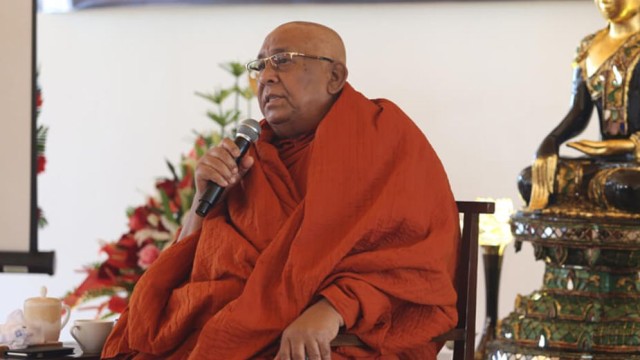
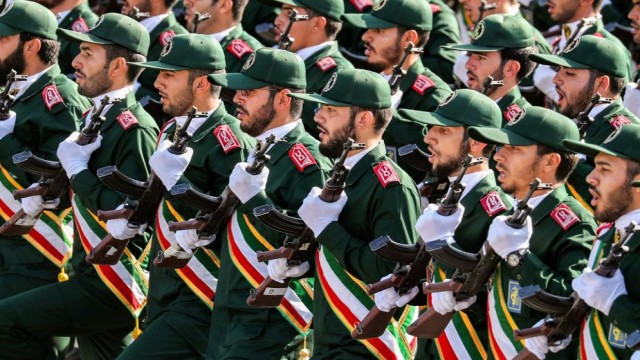



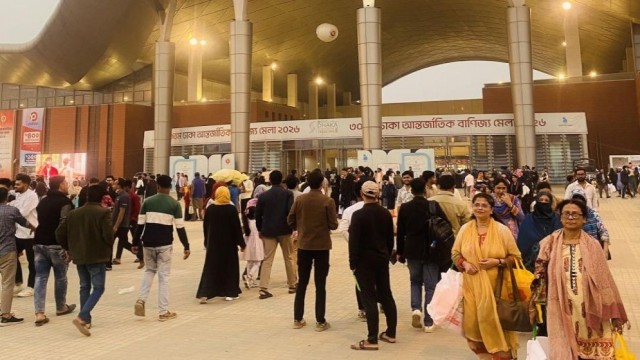
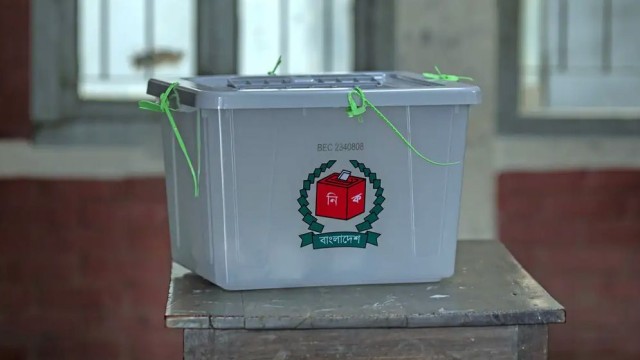
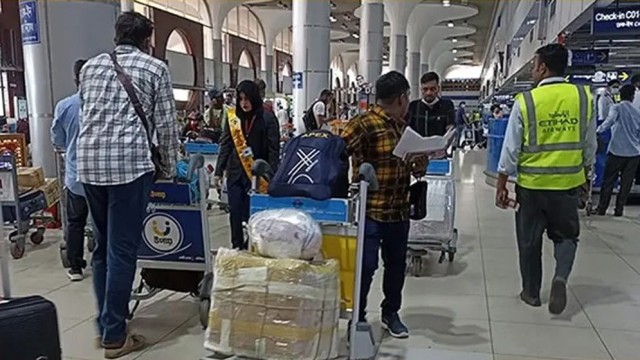


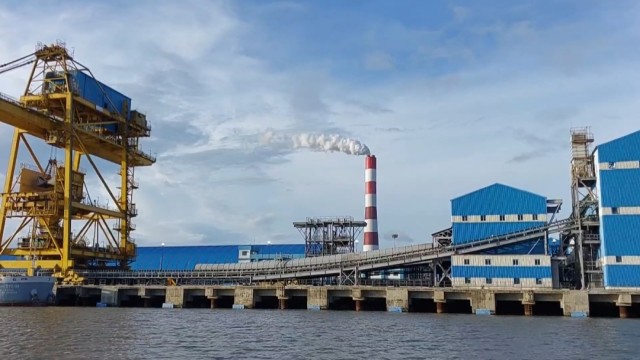


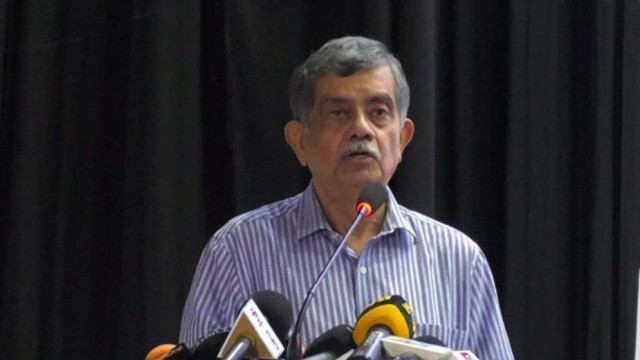

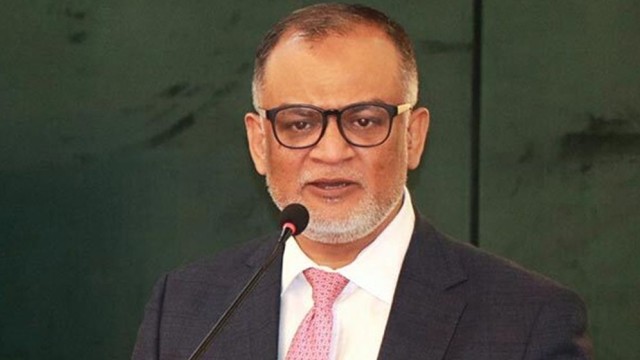
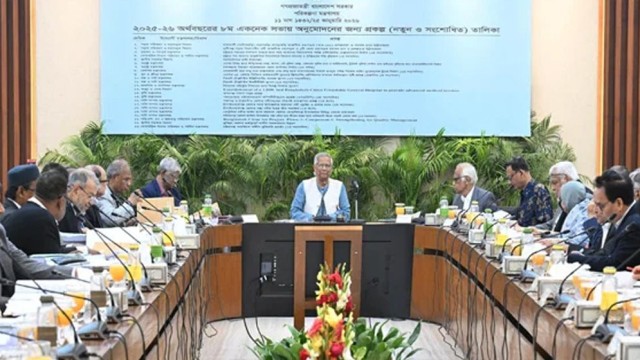
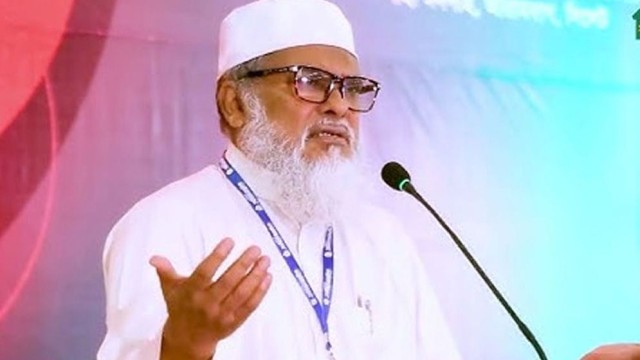
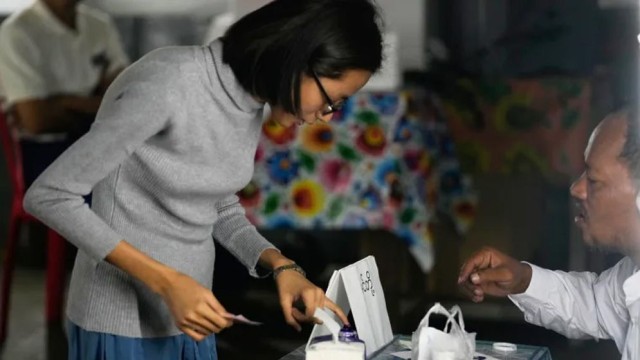
Comment: